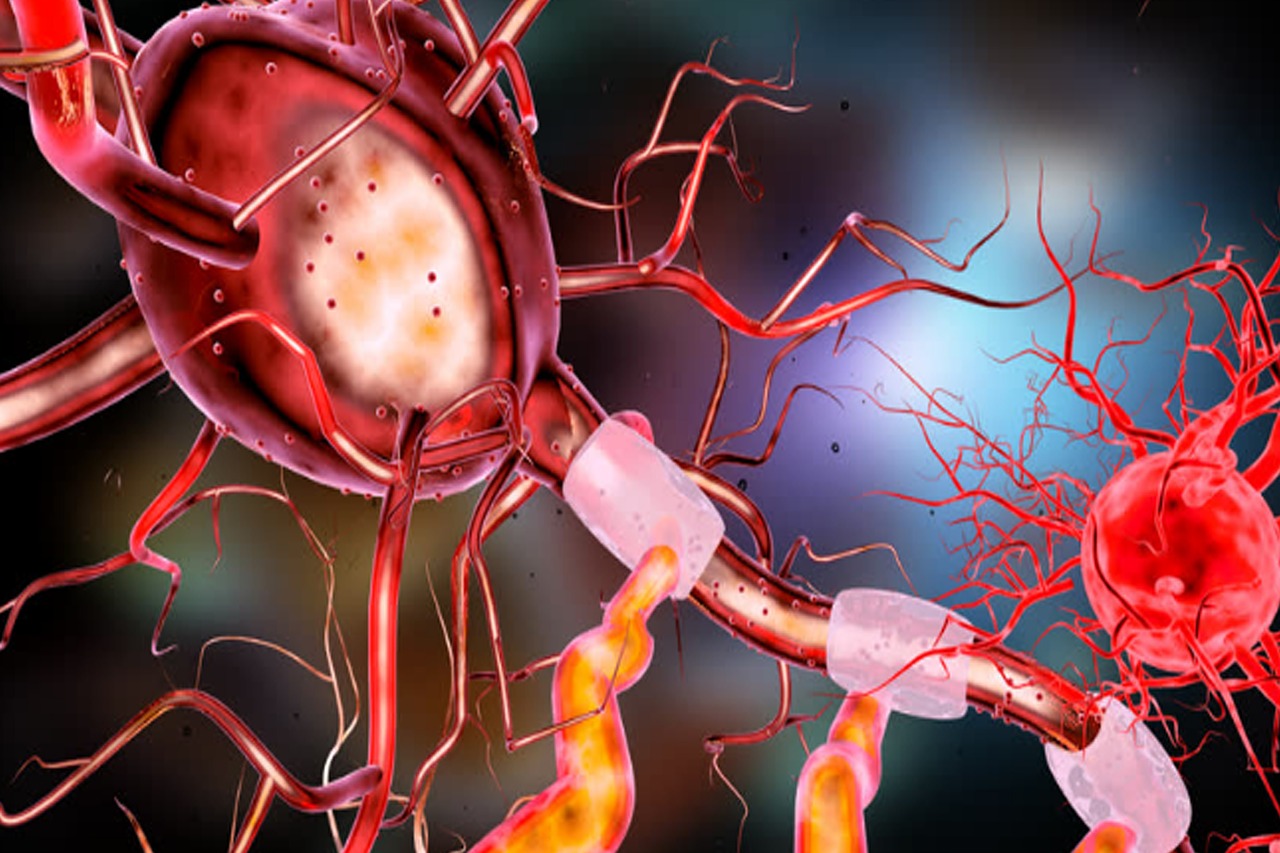
A new study has revealed that human "mini-brains" develop at a slower pace compared with the development in other primates.
The study showed that "mini-brains", which are miniature collections of cells that allow scientists to study how the brain develops, are slower to develop in comparison to other primates.
Published in the Nature journal, the study involved a Swiss team of researchers growing artificial human, chimp and macaque "mini-brains" in their lab from stem cells and creating a sort of an "atlas" of the genes involved in each stage of the three types of brain development. They researchers claim that the study could help them answer the basic question of what makes us human.
They found that the three types of brain developed at the same speed at the start, but once the cells began to specialize into different types of neurons, the macaque's developed the fastest, followed by the chimpanzee, with the human brain being the slowest.
Professor Barbara Treutlein of Basel University in Switzerland, a co-author of the study, pointed out that a slower development might have been needed to develop the larger and more complex human brain.
Treutlein said: "It seems that we take more time to develop our brains but the end state that we reach is more complex. Maybe it takes this additional time to get the greater number of connections between neurons and reach the higher cognitive functions we have. But we don't really know yet why this might be the case."
Dr. Madeline Lancaster of the UK's Medical Research Council (MRC) argued: "We have complex language and are capable of abstract reasoning and chimps don't. Work with (mini-brains) won't model those differences because they are not functioning brains. But they will help us understand the very important differences early on in development that set the stage for our cognitive abilities."






